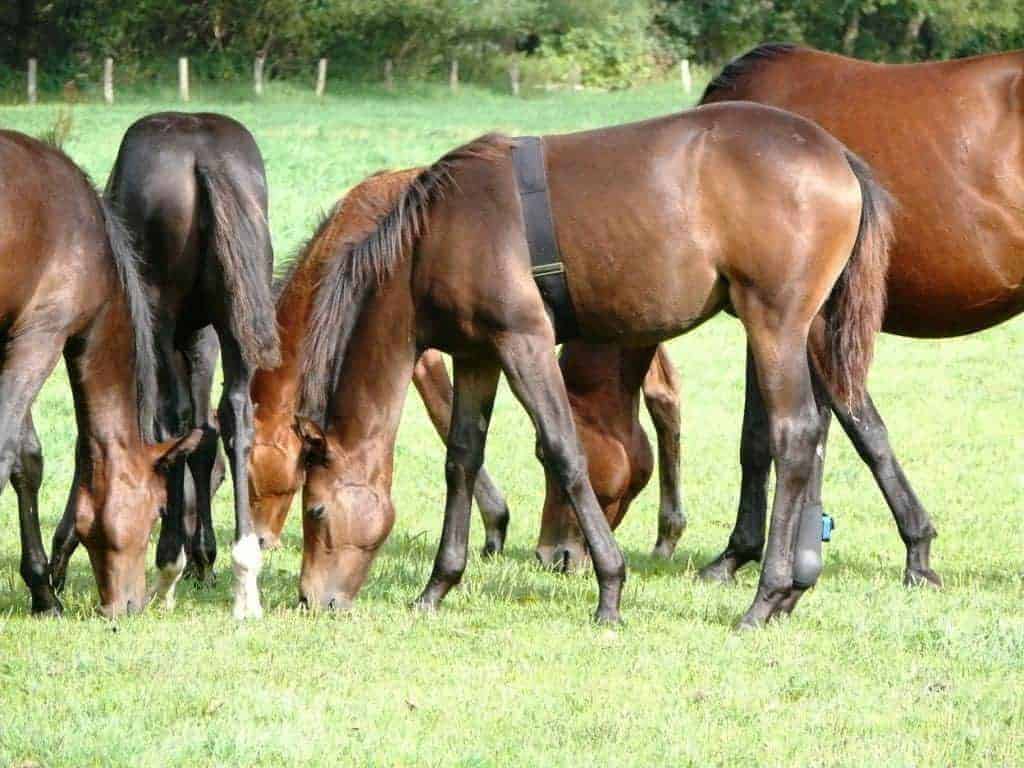Nocardioform Placentitis Affecting Kentucky’s 2011 Foal Crop
In 2011 more than 325 confirmed cases were submitted for evaluation–the largest number on record.
In 2011 more than 325 confirmed cases were submitted for evaluation–the largest number on record.

Raising a foal isn’t rocket science, but it does require some forethought and planning.

Researchers are helping horse farms control and detect equine proliferative enteropathy (EPE).
TheHorse.com’s webinar on late-term mare and foal care is now available for viewing on demand.
As Kentucky progresses through a near-record rainfall year, the UKVDL has observed leptospirosis abortions.
Topics covered in the webinar will include late-term mare care, foaling, and newborn/young foal care.

Researchers found a definite trend towards fundamental gender differences in equine behavior.

Caring for deciduous teeth in young horses requires additional considerations from a veterinary standpoint.

Researchers found that the presence of “nanny” mares reduced the amount of weaning stress foals experienced.

Research indicates that one-sided imprint training is not might not be as beneficial as once thought.

Nutritional support could reduce the stresses and health challenges that weaning places on young horses.
Dr. Sue McDonnell talks about what makes a reliable nurse mare.
Protecting a foal from infectious diseases begins before birth.
When a horse needs surgery, what’s his prognosis for a full recovery? What problems can occur during recovery?

University of Kentucky researchers examine the genetics of congenital flexural limb deformities in foals.

Special considerations should be made when evaluating a colicky foal as opposed to an adult horse.
Stay on top of the most recent Horse Health news with
"*" indicates required fields